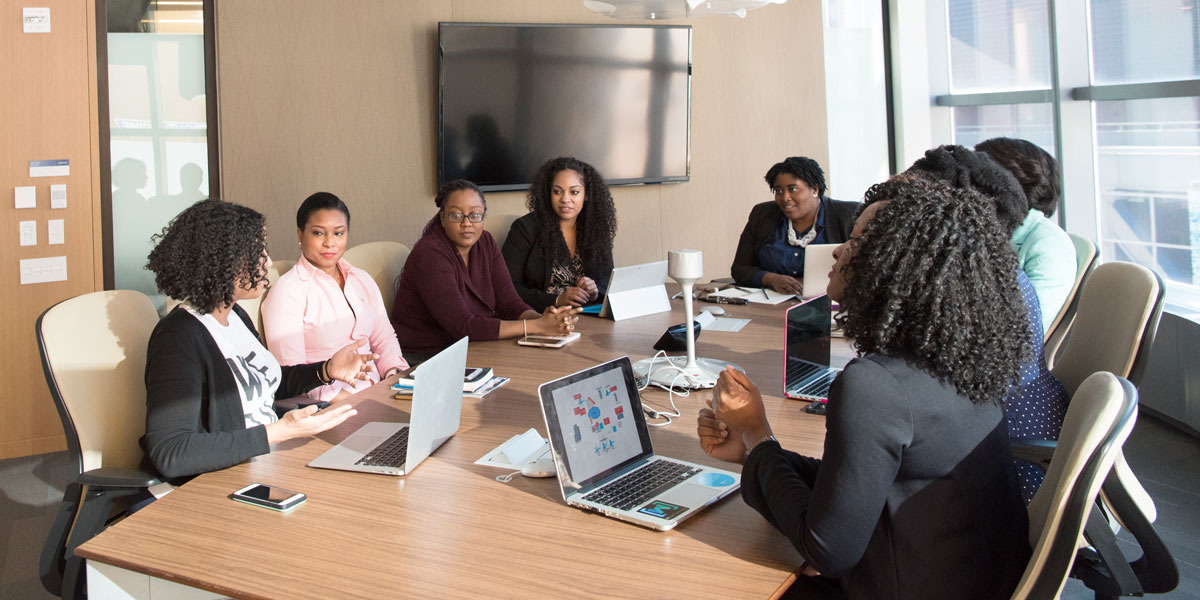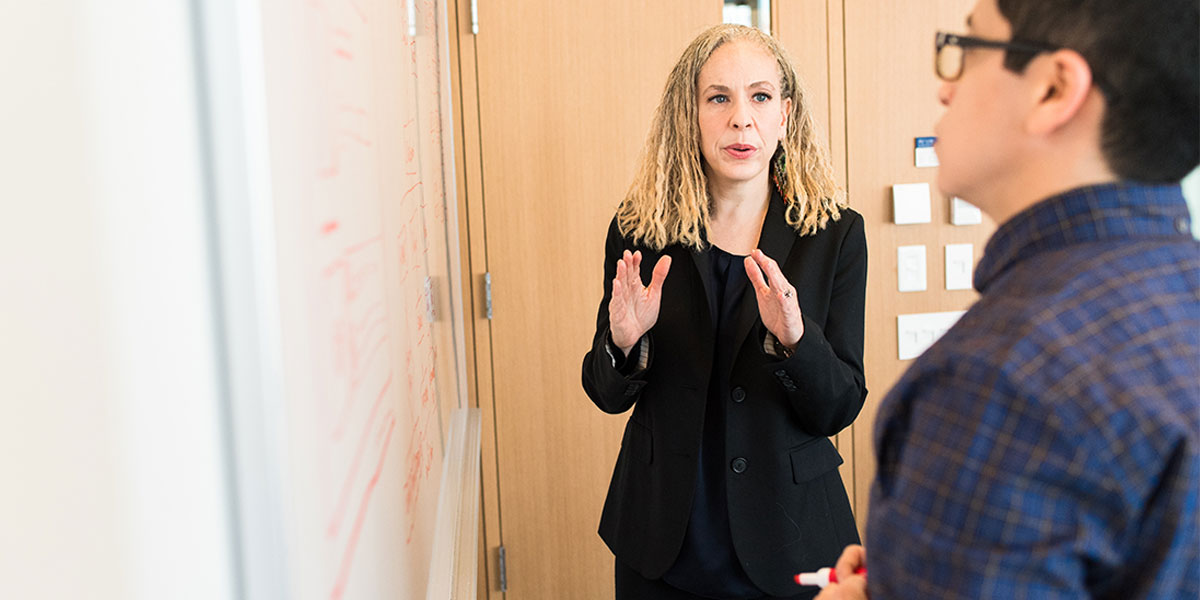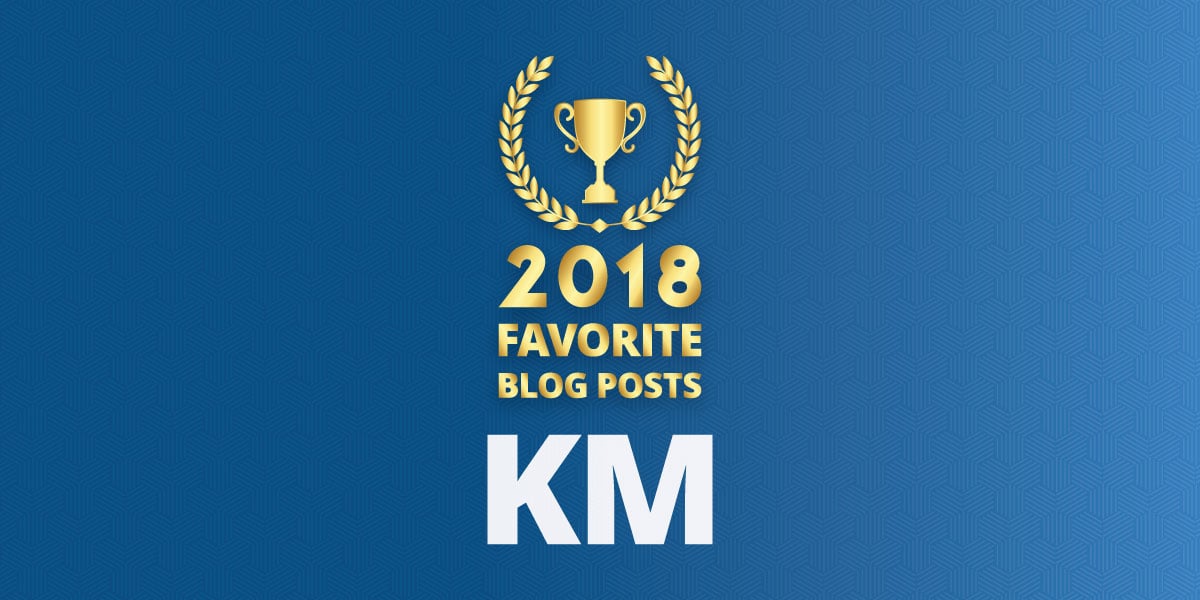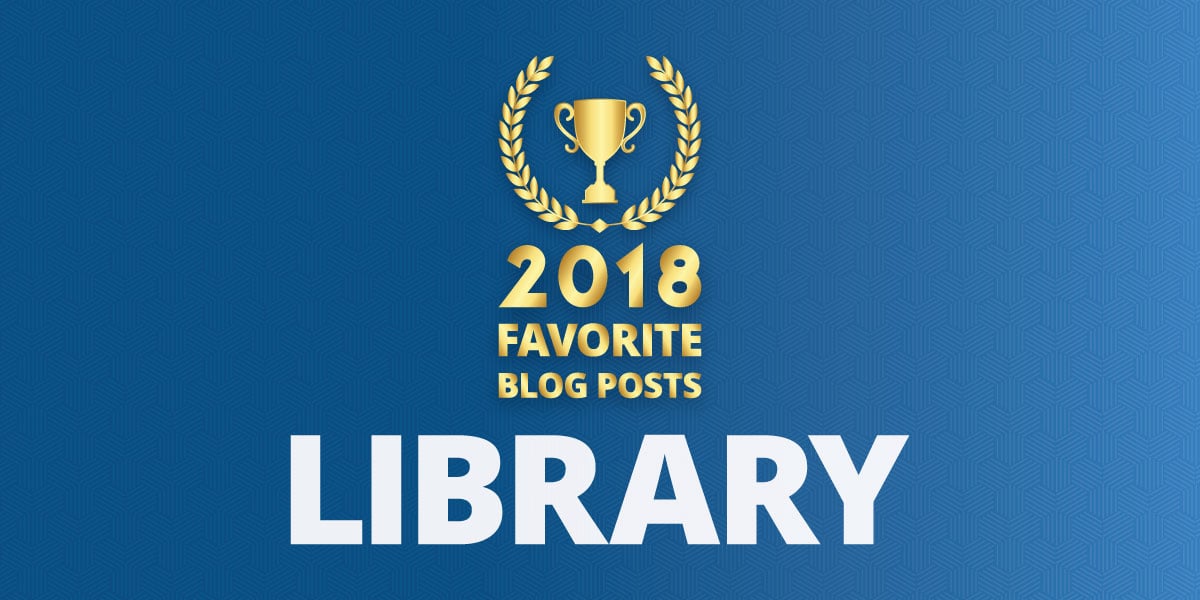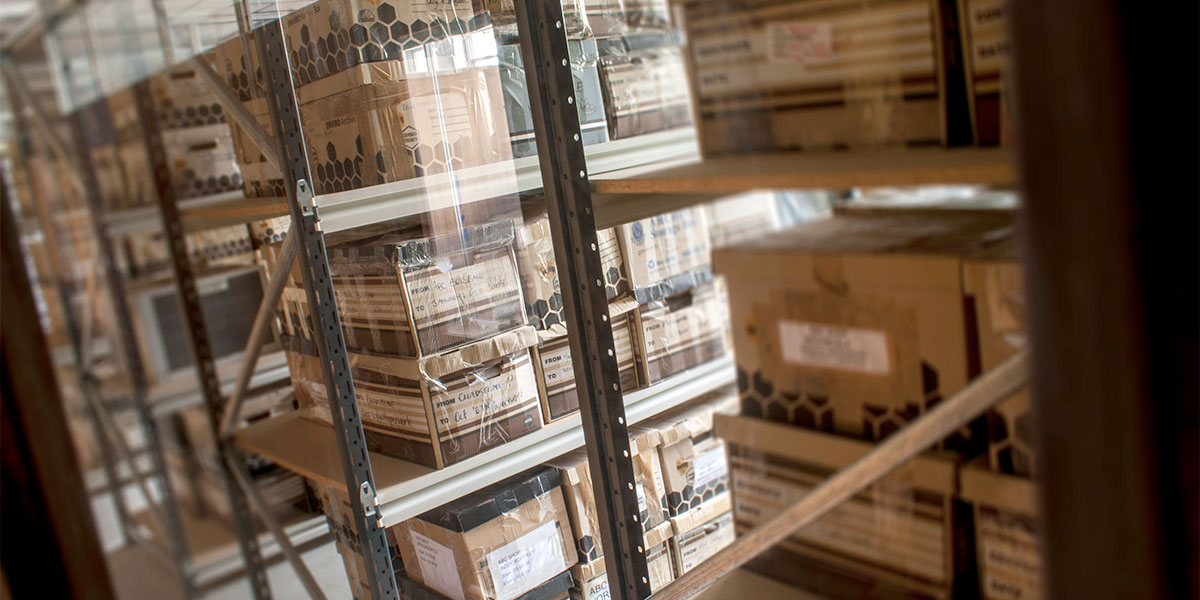Active listening is key to good librarian reference work. Active listening means we’re focused on what our researcher is asking for, not distracted by trying to find resources before the query is complete. Taking time for active listening enhances information professionals’ searches, slows down the urge to rely only on technology and digital resources, and allows time to focus.
We've Moved!
Think Clearly has a new home! Click here to see our latest posts.
*If there’s older content you’d like to catch up on, you can browse right where you are, until Friday, April 5th.
We know it takes a minute to get used to change!
Librarians and Technology Part 6: Active Listening Enhances Focus
Topics: Professional Development, Technology, Special Librarianship
In their interesting blog post, 10 Tips for Creating a Knowledge Ecosystem in your Organization, a group of Wiley publication editors shared their insights on effective KM practices. As a result of seeking a “better understanding of how knowledge is constructed and how it is connected to prior learning”, they compiled a list of ten knowledge ecosystem elements.
Topics: Knowledge Management, Professional Development, User Engagement
Predictions for Social Media in Libraries: Technology Trends that Aren’t “Out-There” Anymore!
Social media is not a static creature. As we have seen, it is a powerful force for both good and bad. And it’s just a toddler now. What is coming up? There are quite a few trends in social media that can be used in special libraries to promote services and products.
Topics: Professional Development, Special Libraries, Technology
People are fundamental to every aspect of an archival project. They commission projects, provide resources, support (or challenge) projects, and produce results. People deliver projects as managers and team members, and others influence projects as sponsors and archival project stakeholders. How people behave and feel about the project influences its success.
Topics: Professional Development, Strategy, Archives
Project managers are expected to be both good managers and leaders. Leadership is one of the most critical competencies a project manager must have. Leadership in archival projects is demonstrated through setting the vision for the project and supporting strategy, and creating a shared vision with the team. Archival leaders create an environment that encourages the best in team members, allowing them to develop and learn.
Topics: Professional Development, Digital Archives, Archives
Librarians and Technology #4: Troubleshooting Steps for Librarians
Troubleshooting and testing follows evaluating, reviewing, and recommending technology. Troubleshooting is similar to beta-testing in that you are putting the software or database through its paces to see how it responds.
Topics: Professional Development, Special Libraries, Technology
Project managers for archival projects have a wide variety of responsibilities. They oversee activities, serve as liaisons between departments, and facilitate meetings. They hire staff, attend professional development activities, and review instructional materials. This post covers characteristics of effective archival project managers.
Topics: Professional Development, Strategy, Archives
In his research on promoting KM initiatives within the corporate world, author and KM expert Stan Garfield identified a number of useful knowledge management methodologies that enable colleagues to take advantage of proven practices while assessing needs and/or demonstrating the value of knowledge management within an organization.
Topics: Knowledge Management, Professional Development, KM
Special librarians too often hide much of the true professional added value of their work. To mitigate that, I think the following activities should be added to communication with end users—either collectively or individually—so librarians can demonstrate value and impact.
Topics: Professional Development, Strategy, Special Librarianship
The results are in! Guest blogger Stan Garfield’s KM blog posts have strong readership, but we’re no slouches ourselves! We noticed enthusiasm for three in particular (well, OK, 2 of them from Stan), demonstrating readers’ interest in learning about the strategic and tactical basics of knowledge management. They’re worthy of a reprise, and just in case there’s anyone out there who missed them the first time… please read on!
Topics: Knowledge Management, Professional Development, KM
The results are in! Our library sector blog posts always have strong readership, but we noticed enthusiasm for three library posts in particular, demonstrating readers’ interest in what guest bloggers Miriam Kahn and Stephen Abram have to say about trends and opportunities for special librarians. They’re worthy of a reprise, and just in case there’s anyone out there who missed them the first time… please read on!
Topics: Professional Development, Special Libraries, Strategy
This blog post on client engagement in special libraries is inspired by a reader comment. Thanks!
“I appreciate Stephen Abram's tips. Could you talk more of 'engagement'? How can special librarians 'engage' employees? THANK YOU!”
This reader comment has inspired me to think more deeply about how special librarians and information professionals need to behave differently on the customer engagement front. Yes, special librarians are different!
Topics: Professional Development, Special Libraries, Customer Engagement
While digital preservation efforts are being led by members of the cultural heritage community working at institutions traditionally responsible for saving materials, the challenges of digital preservation require the involvement of new participants.
Topics: Professional Development, Strategy, Digital Archives
If your museum isn’t applying for grants or hasn’t been successful with previous applications, you need to understand why in order to circumnavigate the roadblock. This is a necessary first step before any grant work can begin. Self-reflection, outside assessment, and solicited expertise are employed whenever a personal or professional roadblock comes up—and the same applies here. It’s time to unblock your writer’s block and get back (or jump in) to grant writing.
Topics: Museums, Professional Development, Strategy, Funding
Winter is my favorite time to prepare for the year ahead. Regardless of when the fiscal year ends, the end of the calendar year is a natural point in time for us to take stock of the year that’s passed and prepare for the next twelve months. This is an opportune time to review goals for the year ahead and what it will take to get there.
Topics: Museums, Professional Development, Project Management
Don’t Just Be Integrated: Be Integral – Download SLA 2018 Hot Topics Whitepaper
During this year’s Hot Topics Panel discussion, “Don’t Just Be Integrated: Be Integral”, moderator Stephen Abram and our panelists focused on how special librarians can go beyond integration with organizational imperatives—and become integral to organizational success.
Topics: Professional Development, Special Libraries, Marketing
Tight operation budgets mean limited conference funds and staff have to think hard about which conferences they’re going to attend that year. While there are some ways to alleviate conference attendance cost (as discussed in a previous post How to Conference on a Museum Budget) it’s still going to be a chunk of change.
Topics: Museums, Professional Development
Attending museum conferences is an important facet of healthy museum operations. Museum professionals need to attend conferences in order to stay abreast of current and forecasted museum issues, learn and gather fresh ideas to bring back to the museum, and network with colleagues to build critical inter-museum partnerships.
Topics: Museums, Professional Development, Strategy




